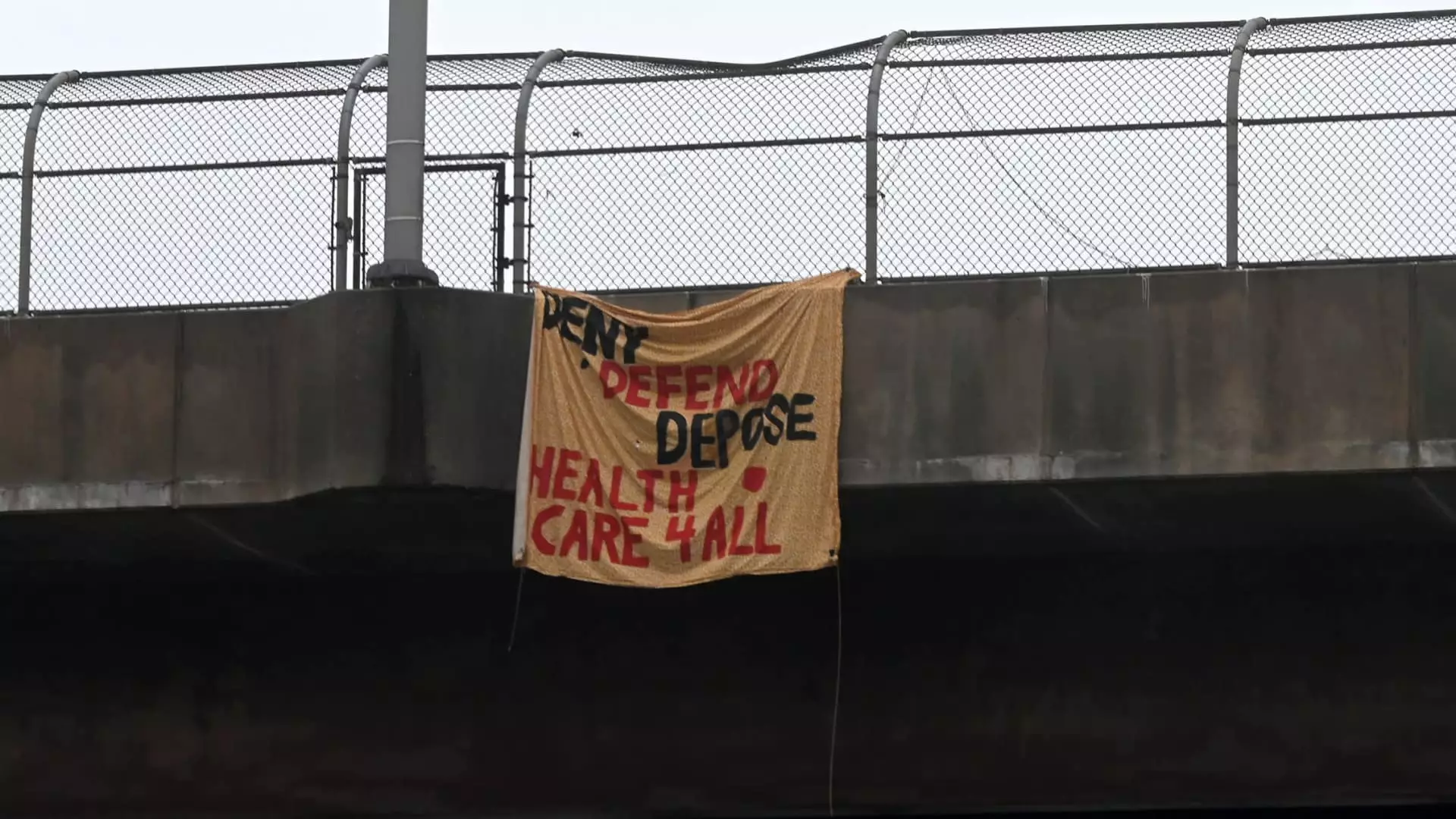The tragic shooting of Brian Thompson, the CEO of UnitedHealth Group’s insurance arm, has sent ripples through the healthcare sector, reverberating beyond the immediate human loss to trigger a significant downturn in major insurance stocks. Since the fateful day last Tuesday, stocks of leading insurers—UnitedHealth, CVS Health, and Cigna—have collectively fallen over 6%. Faced with heightened scrutiny in the wake of this incident, the insurance industry’s complex relationship with public sentiment and investor confidence is under the microscope.
An Industry Under Fire
Thompson, who was known for steering UnitedHealthcare, the largest private health insurer in the United States, was shot outside the Hilton hotel in Manhattan as he prepared for an investor day conference. The alleged shooter, 26-year-old Luigi Mangione, who reportedly held critical views about the healthcare system, expressed his disdain through a handwritten manifesto that was found upon his arrest. His association of criminal action with ideological opposition raises questions about how societal perceptions are influencing individual actions against industry figures.
The atmosphere following the shooting has not only prompted public discourse but has also reflected an increasing frustration from Americans who feel burdened by high healthcare costs. Industry experts, including Jared Holz from Mizuho, underline that the sentiment towards insurance companies has reignited discussions about their profit-driven models, which are often perceived as benefitting corporations at the expense of patients’ well-being.
The fall in stock prices for key health insurers can be attributed to the “renewed rhetoric” surrounding these businesses. Many investors are now questioning whether owning shares in the health insurance sector is prudent amidst a climate of heightened negativity. Holz suggests that although the immediate backlash might be strong, it could also be short-lived: “Do we want to own this category of stocks if there’s going to be this now renewed negative focus on the industry?” This reframing of the conversation about insurance profitability ties closely to long-standing criticisms regarding denials of care that consumers face.
Amidst this turmoil, major health insurers, including UnitedHealthcare, find themselves navigating a wave of lawsuits and criticisms regarding their operational practices. Allegations referencing the denial of claims to maximize profits have become fodder for a larger conversation about ethics in healthcare insurance.
Yet, while the current media focus and public sentiments have cast a shadow over the industry, experts suggest that fundamental changes are unlikely in the immediate future. Holz opines that despite the backlash brought on by tragic events, insurance companies are unlikely to revise their existing policies. “Do I think companies do anything proactively different on the back of this? No,” he asserted, highlighting a stubbornness in institutional responses.
Just as rapidly as the crisis emerged, the legal proceedings against Mangione are unfolding. Charged with second-degree murder and the possession of illegal firearms, the response from the judicial system serves as a reminder that while individual actions can create chaos, they are often temporary perturbations in a larger socio-economic landscape fraught with complexity.
As the investigation into Mangione’s motivations continues, discussions around gun violence, mental health, and the broader implications for the healthcare industry will inevitably develop. His remarks, describing insurance companies as “parasites,” suggest a growing disconnect between the public and the organizations upon which they depend for essential health services.
In a landscape where profitability is sometimes prioritized over patient care, the healthcare sector must wrestle with how to respond to public outcry effectively. The challenge will be not merely to recover from immediate financial repercussions but to rekindle trust with the American public—all while navigating the complicated intersection of healthcare policy and personal tragedy.
The tragic shooting of Brian Thompson stands as both a somber turning point for the healthcare industry and a spotlight illuminating the systemic issues within it. As stakeholders sift through the wreckage of lost investor confidence and public scrutiny, the critical question remains: Can these companies transform the narrative of distrust into an opportunity for reform?

